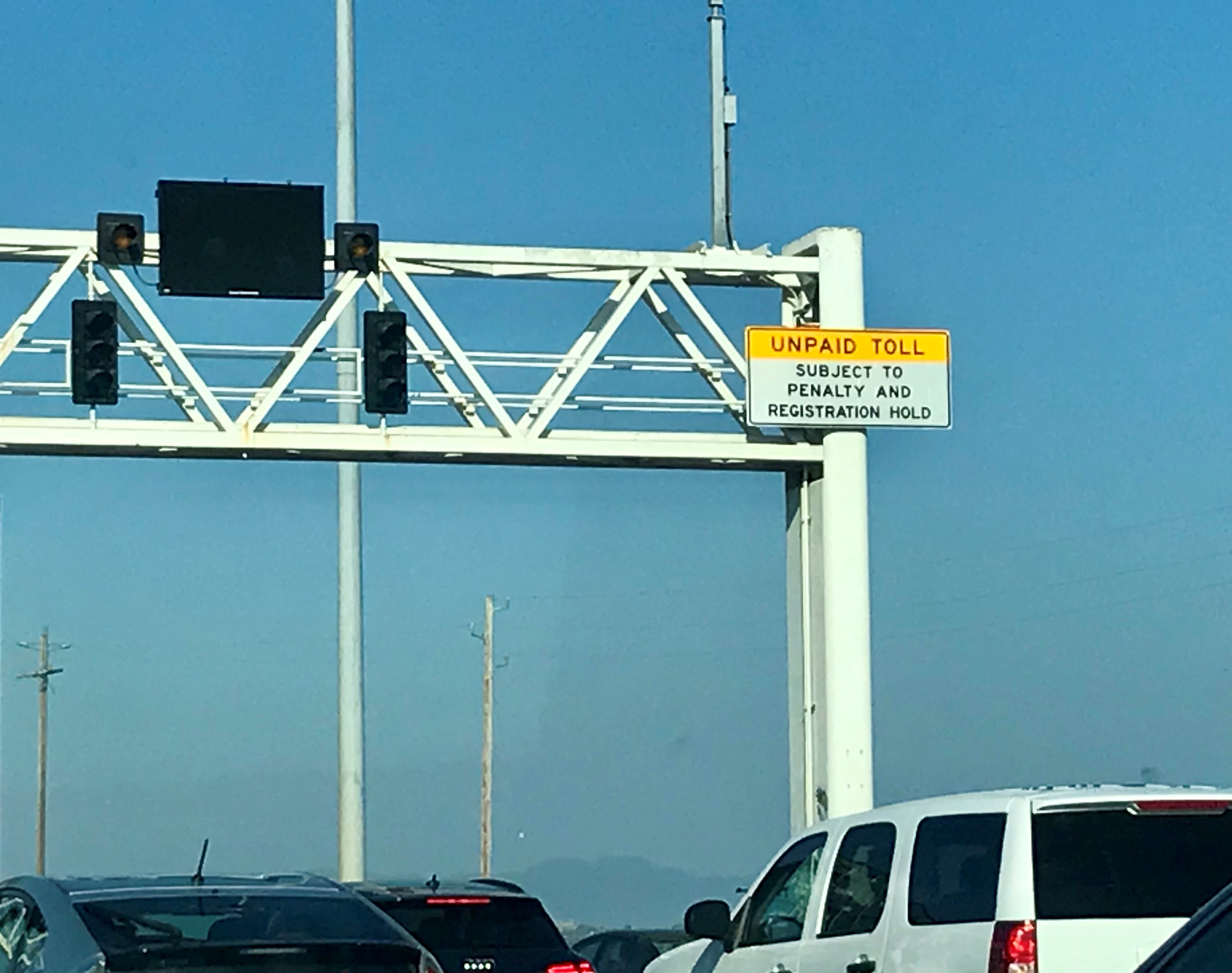
Drivers will soon be seeing changes to the way late fees and penalties are assessed on unpaid tolls. The Governor today signed AB 2594, a bill by Assemblymember Phil Ting (D-San Francisco) seeking to reform the way outstanding toll charges are handled. The current system has disproportionately impacted workers who cannot afford the outstanding invoices that keep escalating for nonpayment.
“We shouldn’t be saddling Californians with unrelenting debt just for driving to work. By switching to electronic payments, we’ve shut out an unbanked individual’s ability to pay their tolls simply because they don’t have debit or credit cards,” said Ting. “I thank the Governor for seeing the undue hardship being put on lower income drivers. His signature on my bill brings more fairness and equity to our toll systems.”
The issue came to light most prominently in the Bay Area where bridge toll collectors were removed to minimize person-to-person contact as the pandemic began. Drivers could pay either electronically with a FasTrak or be mailed an invoice they can pay online if they don’t have a transponder. Turns out, this cashless option can be costly.
Under current law, toll agencies can charge up to $100 for the first violation for late payments; $250 for the second; then $500 for each additional violation within one year. So a $6 or $7 bridge toll, for instance, can balloon to hundreds - and sometimes thousands of dollars - after late fees and penalties are assessed multiple times. One Alameda County resident owes more than $30,000 – 90 percent of it attributed to penalties.
Furthermore, of the 5.1 million second notice violations sent out between January 1 and August 31, 2021, only 12 percent of them were paid, according to the Metropolitan Transportation Commission (MTC). A recent report by SPUR found the biggest financial burden tends to fall on lower-income drivers and Bay Area neighborhoods with substantial populations of people of color and non-English-speaking residents.
AB 2594’s goals are two-fold: relief and reform. First, it creates an avenue for income-eligible drivers to eliminate their toll debt. The nonpayment must have occurred while crossing a Bay Area bridge from March 20, 2020 through December 31, 2022 and the actual tolls are required to be paid before the remaining penalties and late fees can be waived. The application process is from July 1, 2023 to September 30, 2024.
Secondly, to prevent similar problems in the future, toll agencies statewide overseeing toll roads, highways express lanes and bridges must implement the following reforms:
- Offer a cash-payment option with no additional fees
- Cap fines for toll violations and late payments
- Establish payment plans for fines and penalties
- Set a minimum time period to pay fines before car registration is suspended for nonpayment
“We thank Assemblymember Ting for his leadership on this issue and Governor Newsom for signing AB 2594 into law,” said Denis Mulligan, General Manager of the Golden Gate Bridge, Highway and Transportation District. “The Golden Gate Bridge successfully transitioned to all electronic tolling in 2013. We applaud the bill’s responsiveness to the evolving needs of our customers, particularly those with lower incomes, and we look forward to working with the Assemblymember and our partners to reduce fines and bring greater equity to the state’s toll penalty systems.”
In addition, many drivers never receive their toll invoices in the mail because they’ve moved. A change of address with the DMV for a driver’s license does not automatically change the address on a car registration, which is used to send a toll bill. Ting’s legislation requires the DMV to notify people to change the address on their vehicle registration when they are doing so for their driver license. In addition, car rental agencies must also provide customers with information about toll agencies’ charges and payment options.
AB 2594 takes effect January 1, 2023.